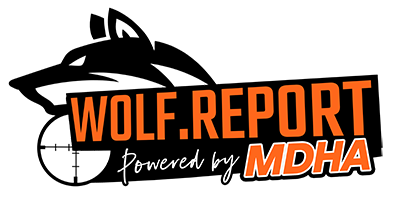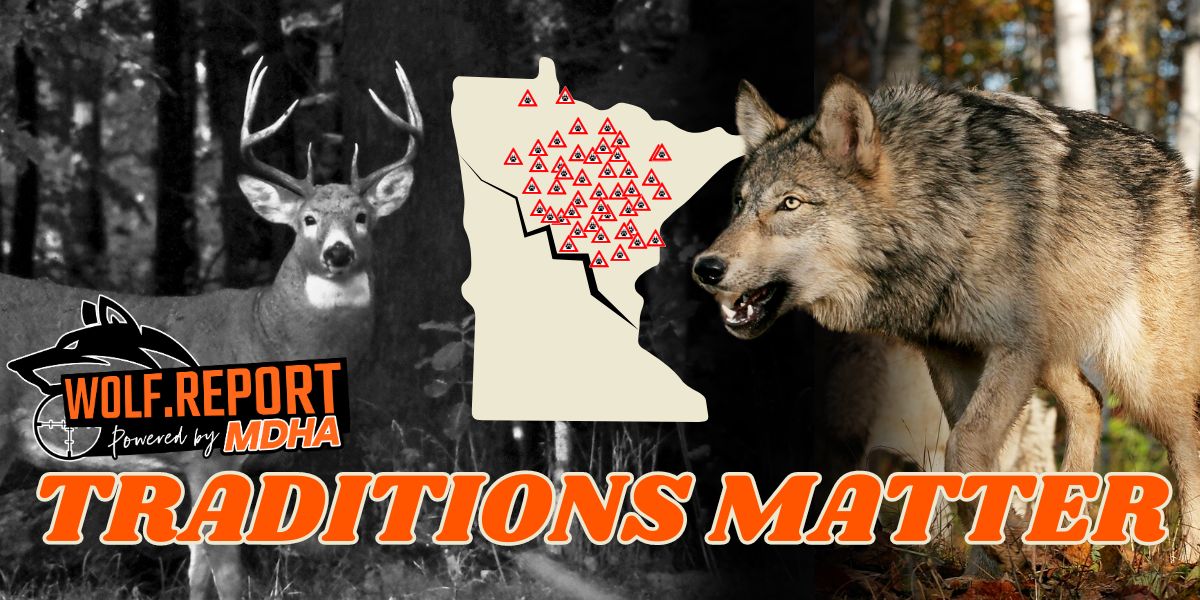

As Minnesota's wolf population continues to thrive, the debate over how to manage these iconic predators has intensified. This complex issue touches on deeply held values, from wildlife conservation to cherished hunting traditions. As we navigate this challenging terrain, it's crucial that we base our decisions on scientific evidence while respecting the diverse perspectives within our community.
The grey wolf's comeback in Minnesota is a testament to successful conservation efforts. Once on the brink of extinction, wolves have now established a robust population in the state. This recovery is cause for celebration, but it also brings new challenges as wolves and humans increasingly share the same landscapes.
Wolves have long been vilified in folklore and popular culture. However, modern research paints a more nuanced picture of these animals. Wolves play a vital role in maintaining ecological balance, helping to control deer populations and benefiting overall ecosystem health. At the same time, we must acknowledge the legitimate concerns of farmers and pet owners in wolf-populated areas.
For many Minnesotans, deer hunting is more than just a pastime—it's a deeply ingrained cultural tradition that spans generations. The growing wolf population has impacted deer numbers in some regions, leading to concerns among hunters. It's essential to recognize the cultural and economic significance of deer hunting while also understanding the natural role of predators in ecosystems.
As we consider wolf management strategies, it's crucial that we rely on scientific data rather than emotion or anecdote. Biologists have extensively studied wolf populations, their impacts on prey species, and human-wolf interactions. This research should form the foundation of our management decisions.
A carefully regulated wolf hunting and trapping season may be a viable management tool in specific areas where wolf populations are particularly high or where conflicts with humans are frequent. Such a program could help:
However, any hunting program must be based on sound scientific principles, with strict quotas and monitoring to ensure the long-term viability of wolf populations.
While regulated hunting may play a role, it should be part of a broader management strategy that includes:
The issue of wolf management in Minnesota is complex, with no easy solutions. However, by fostering open dialogue, respecting diverse viewpoints, and adhering to scientific principles, we can develop a management approach that balances conservation with human needs.
As Minnesotans, we have a responsibility to be good stewards of our natural resources, including our wolf populations. By working together and making decisions based on the best available science, we can ensure that both wolves and our hunting traditions have a place in Minnesota's future.
Our approach to wolf management will require ongoing adaptation as we learn more about these remarkable animals and their interactions with our changing landscape. It's a challenge, but one that offers an opportunity to demonstrate Minnesota's commitment to thoughtful, balanced wildlife management for generations to come.
